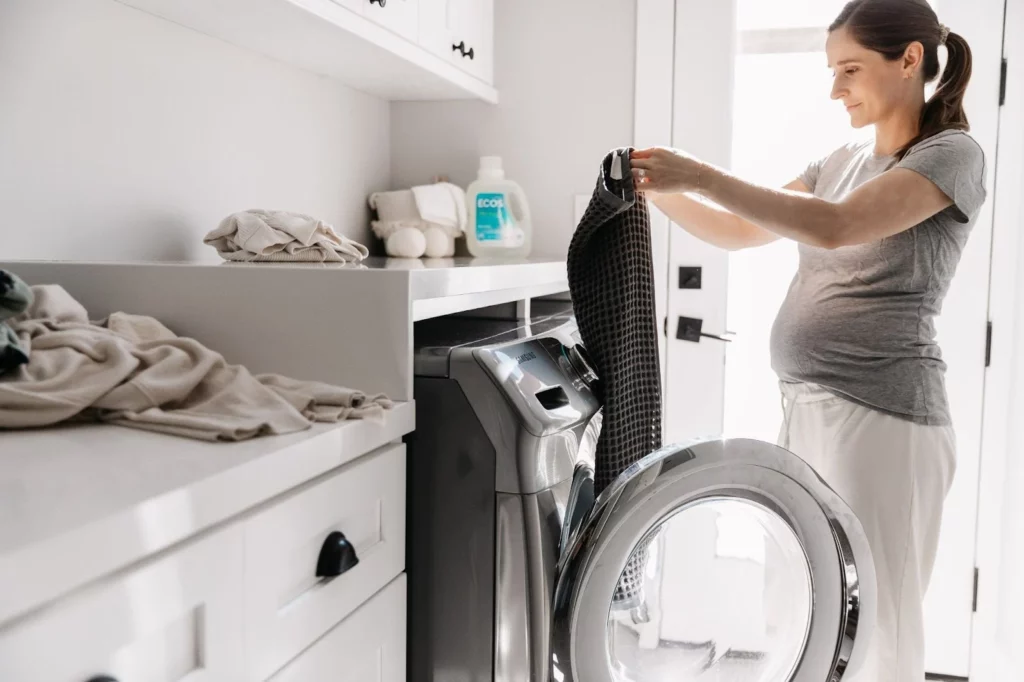To get a decent return on your investment, you must pick the right tools. Commercial laundry equipment not only produces high-quality products but also speeds up production, has reduced running costs, and requires less money to maintain and replace parts. Are you considering replacing your current commercial ironing machine but can’t decide which model would be ideal for your business?
Heating source
The ironer’s heating source is important too. Is it gas, electricity, or steam? Electric irons heat and work with electricity. They’re the most popular because they’re easy to install. Before deciding, you must determine whether you have single-phase or simply three-phase electricity and enough leased kilowatts to power additional laundry appliances. Gas flatwork irons are another option. Commercial iron machines operate similarly to electric ones. Installation matters because you must decide whether to connect it to city gas or the natural gas tank. Both scenarios require a gas installer for preparation and installation, which adds cost. Steam boilers, the rarest choice, heat the ironing machine with steam. This heating source is usually employed in hospitals and government organizations.
Other equipment
Ironing is the final step in laundry processing, so it must match the rest of the equipment. Think about the various washing machines you have, and decide whether saving money in the beginning or saving time is more important. However, what does that mean? Most ironers require laundry to have a particular amount of moisture before use. It must be dried in the dryer before ironing. Since drying takes time, this is especially crucial if you use a professional washing machine with a slow to moderate spin speed. Some industrial ironers can dry and iron laundry right away from the washing machine. These cost more but eliminate the need for a dryer.
Width of the working surface
The width of the work area is another important factor. It’s easy to figure out how broad the ironing board has to be; just measure the width of the largest load of laundry you plan on ironing. Consider whether one or more people will be using the ironer all at once. The normal human arm reach is 140 cm; thus, an ironing board shouldn’t be any wider than that if just one person will be using it. Laundry that isn’t properly inserted may end up with creases or other distortions if the load is too heavy. The ironer’s diameter is just as crucial as the width of the ironing board. The diameter determines the quality of the result. The larger the ironing board, the more force can be used on the laundry, and the longer the fabric will be in contact with the ironing board. Because of this, the process goes faster, and more water evaporates.
Price
The cost of industrial ironers is a major deterrent for new entrants into the laundry industry. That’s why people resort to buying used or new ironers, even though the latter option always ends up costing more. Used ironers either have no warranty for professional use or the warranty has long since expired. Due to their age and the fact that they are often bought outside of the local market, it is hard to find authorized service providers and spare parts like iron canvas and filters. To ensure that the needs of your company are satisfied and that it is protected, it is essential to consult with industry professionals in advance.
The iron is not a “single-use” appliance, so it’s wise to consider your current and long-term demands before purchasing. If you buy a piece of equipment without first making sure it will work for your business, you may be forced to make do with it once operations begin.

